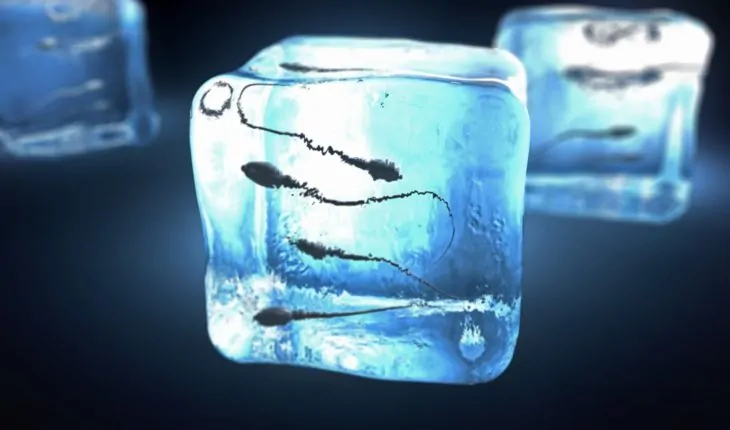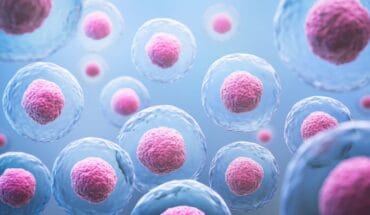Dr Sheila Lane, Paediatric Oncology Consultant at the Oxford Children’s Hospital welcomed today’s news, originally published in the journal Science, about the successful use of frozen testicular tissue to produce a live baby monkey called Grady.
Dr Lane said: “This is fantastic news. We have been preserving testicular tissue for pre-pubertal boys since 2015 as part of the Oxford Children and Young Adult Fertility Preservation Programme. Whilst the exact details of how this tissue will be used to help the boys start a family requires more research the technology for freezing the tissue is well understood and the news today takes us one step closer to our final goal..
“Our service has had a very significant impact on childhood cancer care across the UK. In 2013, there was no clinical fertility service for children and young adults about to start cancer treatment. Now all children and young adult cancer patients at risk of infertility have access to our specialist service. Our youngest patient was just three months old and the average age of our pre-pubertal boys who have stored tissue is 6 .
“At first all our patients had to come to Oxford, but we have developed a ‘hub and spoke’ model, which means that children and young people can have tissue collected at a local hospital before it is then transported to Oxford for processing and storage.”
Dr Lane runs a service currently only offered in Oxford and Edinburgh in the UK where young boys, who have to undergo rapid medical treatment which may cause them to become infertile (e.g. chemotherapy or radiotherapy), are offered the option of testicular tissue cryopreservation.
- The da Vinci 5 Robot Is Set To Transform Bariatric Care: - 31st March 2025
- Beyond money: the hidden drivers fuelling child food insecurity - 31st March 2025
- Tobacco and Vapes Bill - 31st March 2025







Mechanistic medicine leads the way with more meddling. We can improve male fertility and reduce Cancer rates in males and females by reducing the massive levels of synthetic oestrogen etc., now in the environment and food chain, thanks to the contraceptive pill.